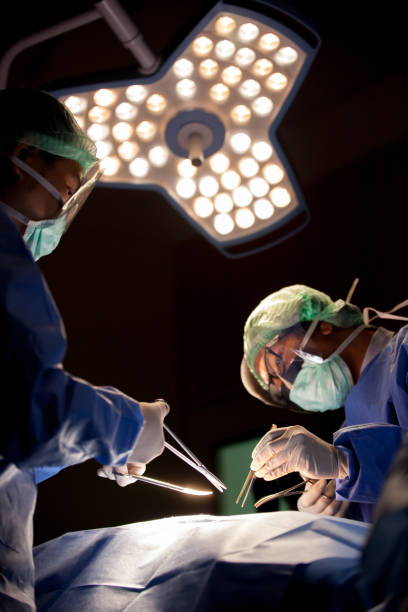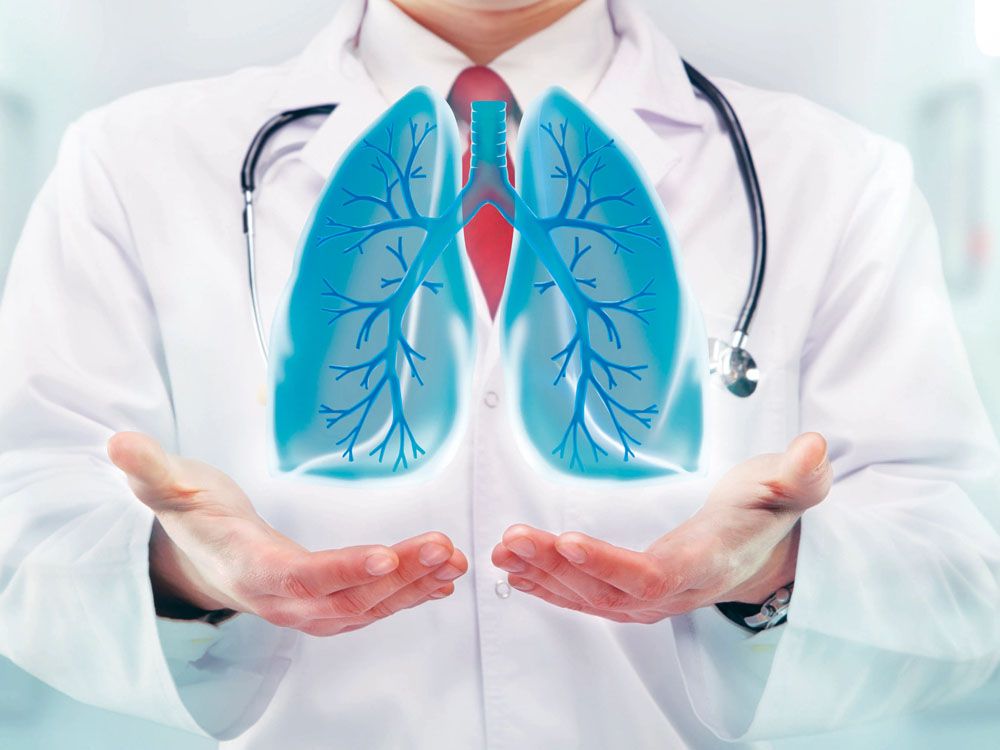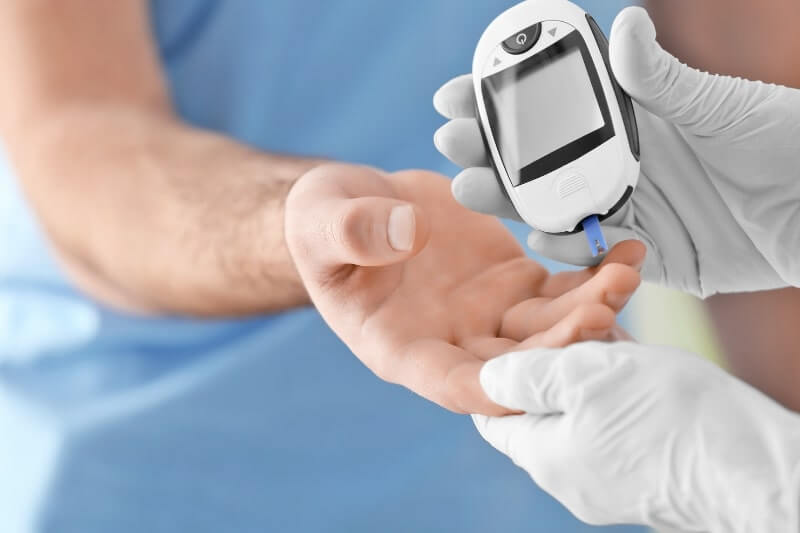

Our departments are well equipped with latest technologies that enhance our patient healing & care processes

The role of General Medicine in our daily lives cannot be emphasized enough. Today, most people face health issues such as arthritis, diabetes, asthma, cold and flu, hypertension and heart diseases and other recurring issues which can only be treated with medicines.
At Sunrise Hospital General Medicine Department, we understand that illnesses and injuries are uncertain and thus, are committed to supporting, protecting and providing you with the best treatment possible.


The department of general surgery is an important part of this hospital. It provides excellent clinical services to the needy patients including round the clock emergency services. The Surgical Department is providing the medical care by team of well qualified surgeons for seven days a week provides comprehensive health care for the population of Anantapur.

At Sunrise Hospital, The Department of Neurology provides care to patients with diseases of the brain, spinal cord, peripheral nervous system, muscle- related diseases and conditions utilising state- of-the-art technology and a world-class medical team.

Gynaecology & Obstetrics is a speciality that focuses on numerous health conditions that are related to the reproductive system in females. It is a broad range of speciality that covers several health conditions, illnesses and diseases. At Sunrise Gynecology Centre, we understand that illnesses and diseases are uncertain. Therefore, we are committed to supporting and providing you with the best possible treatment for your illnesses or conditions.

Respiratory diseases can affect any part of the respiratory system. In such cases, it is best to seek the expertise of medical help specialised in this field. The Sunrise Hospital Pulmonology Centre is just the place to visit for the resolution of respiratory disorders and diseases. Our team supported by advanced medical equipment ensures you receive prompt care and treatment, through its modernistic facilities.

The urinary system, also called the renal system, is susceptible to infections, injuries, blockages and other problems. These problems should be treated by a specialist who has relevant experience in this niche area.
Sunrise Hospital features a highly respected team of urology experts and the latest equipment to bring prompt medical attention and treatment to care seekers.


At Sunrise Hospital, We provides "elderly centered" integrated clinical services according to the condition of disease, disability level, family or community resources, potential to recovery and personal preferences of older persons. Our focus is to make the elderly receiving comprehensive and continuity medical services.